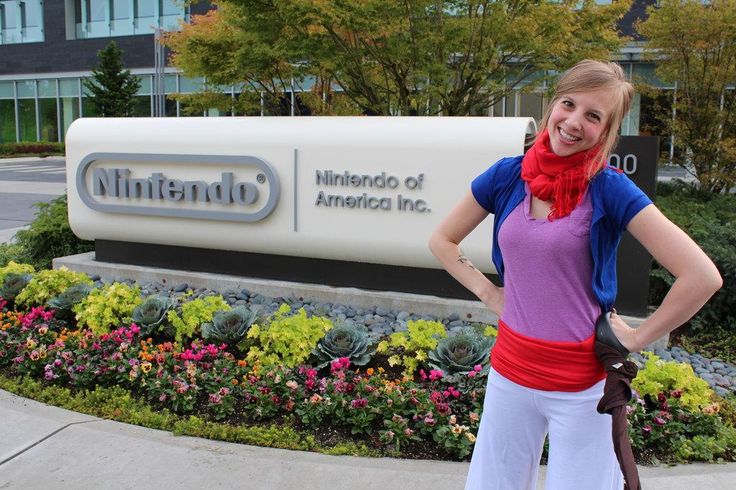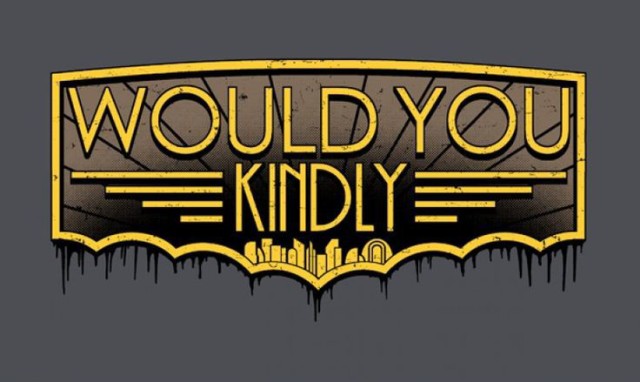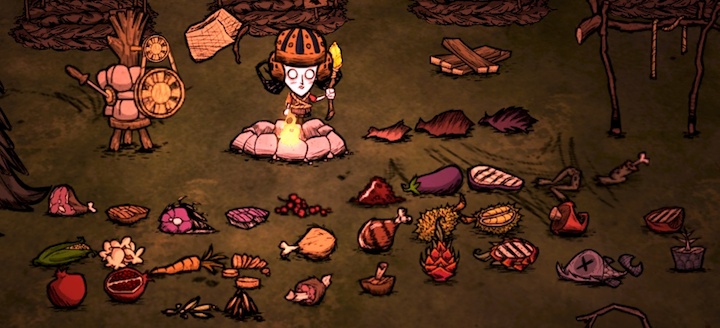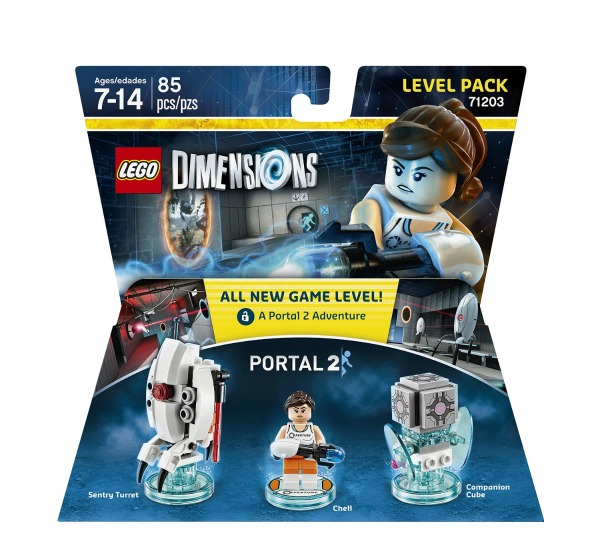“Why not just review a feminist game?” I was discussing several new games with a friend and trying to decide which one I would write a review for last week, when he asked me that question. At first I thought he was kidding, but he asked again— “No, seriously. It’s a feminist gaming site, right? Just find something feminist to review”. The question certainly made me stop and think. Our conversation went on, and eventually I decided to review Continue?9876543210, but the question continued to bug me.
I should note, before I begin this discussion, that there are a lot of feminists out there and, as with any philosophical belief system, there’s a plurality of (sometimes conflicting) views on what feminism means. Just as not all Democrats, Republicans, Christians, or any other group share one homogenous set of values, not all feminists do either. These musings on “feminist games” represent my personal interpretation of feminism.
So, to return to that question, why not review a feminist game? Well, it seems to me that wanting a feminist game, or even a category of feminist games, is entirely the wrong direction to head in. The very idea of identifying and separating “feminist” games from other games reminds me of walking into a Game Stop and seeing the “games for girls”. Labeled or not, you could always identify those games by the blinding pink color and the themes: cooking, pets, fashion. As a perennial tomboy and a “real” gamer, I know now that I missed out on some good games because they set off my personal girl game detector- Nintendogs and Cooking Mama are two that immediately come to mind. This isn’t to say that games shouldn’t be designed with audience in mind; they absolutely should. The problem with this particular type of design is that it both calls a particular audience into being and rigidly defines who “should” and “shouldn’t” play a particular game—reminiscent of how gendered toys. I would argue that a game that truly embodied feminist principles, which I’ll loosely define here as equality and respectful representation regardless of gender, race, or sexuality, would not be a game only for feminists, making such a tag unhelpfully narrowing.
Of course, the complete opposite of this response (a hyper-stereotypical design) seems to be more common in recent years. As MIT Game Lab researcher Todd Harper notes in a Polygon opinion piece, many game designers are increasingly arguing that games are “not a place for real world issues to be discussed”. Harper identifies in his article to two specific developers, Blizzard and Nintendo, who have taken this stance. In Nintendo’s much discussed “sorry, not sorry” statement over Tomodachi Life (check out our coverage here), the company argued that they saw the game as “whimsical and quirky game… absolutely not trying to provide social commentary”. Similarly, Harper interviewed Rob Pardo of Blizzard about diversity and social issues in Blizzard games, who responded: “We’re not trying to bring in serious stuff, or socially relevant stuff, or actively trying to preach for diversity or do things like that”. This sentiment isn’t uncommon in gaming either, the belief that games are “just fun” and don’t mean or represent anything more than that. However, as Harper notes, games are simulations that reflect the both our world and our culture—telling vast groups of people that their gender, race, or sexuality isn’t “just fun” is a poor excuse for game design. Exclusion is just as profound and meaningful as inclusion, no matter the reason given.
Going back to that question, “why not a feminist game,” my belated, long after the conversation ended answer, is that’s the wrong question to ask. We don’t need a category of games tagged with the label feminist, in part because that gives license for developers and players to ignore major issues in games that are “just meant to be fun”. Fun and inclusionary are not oppositional pairs, and neither is critical awareness. Instead, we need critical consciousness across the board, from both the people making the games and the people buying, supporting, playing the games. Perhaps this is dreaming too big, but I don’t want a feminist game; I want a feminist games industry.
So what do you think? What would you call a “feminist game”?





4 thoughts on “What is a feminist game, anyway?”
I’d call a “feminist game” any one that supports the philosophical goals of feminism, which as you noted depends on who you ask, but I think we can reasonably agree that one which addresses/establishes/defends social, civil, political, & economic rights of women could qualify.
Any game, or part of a game, can be subjected to a feminist “reading” (playing), but I suppose the important distinction here is between “author” and “audience”; an author can design a game that is rhetorically feminist, the audience interprets it how they will.
The “games for girls” you mentioned probably aren’t feminist games; if I had to name a feminist game now, I’d go with Dreamfall- The Longest Journey, for its strong female characters who subvert harmful stereotypes; or Long Live the Queen, for something more contemporary that contains an overall feminist message.
I agree about the industry (authors) needing to be more feminist; they simply don’t publish too many mainstream “feminist games”, although over time as the medium evolves I wouldn’t be surprised if we saw sections for “Feminist” and “Marxist” and other philosophical categories, just as libraries have them, and I don’t think that’s really such a bad thing.
The Longest Journey games are some of my favorites. I am anxious for the upcoming installment and couldn’t throw money at that Kickstarter fast enough 🙂 I just hope that in the future that we get more female protagonists that are designed as women from the ground up and not just re-skinned male characters, like FemShep. Don’t get me wrong, I loved Mass Effect and I loved playing my FemShep, but that was more because of what I had made her both through game play and the Renegade/Paragon choices and what I read into her story over the course of 3 full games and 100s of hours.
I do wonder and worry about whether having games categorized philosophically would aid in the ghettoization of “Feminist”, “Marxist”, and other types of political games.
Thanks for your comment Sam! I actually hadn’t heard of either of those, so I’ll check them out! Your comment sparked a really interesting conversation in my house about genres and themes. I think it’d be great to have an informal list of games that had feminist themes, which I think is what you’re suggesting with the philosophical categories, but I (similar to Dr.B) I think having a feminist genre for games could be problematic.
I brought up “games for girls” not because I think they’re feminist at all, but because they’re a good example of how problematic genre classifications can determine audience above and beyond other important characteristics. The genre “Christian games” is another example of the same issue, I think. Hearing that a game is Christian doesn’t tell me anything about the game play, the mechanics, the narrative, or really anything substantive, other than the game will have a Christian theme. As a passable atheist, I’d almost certainly immediately ignore any game I saw with a Christian designation, despite the fact that there could well be something in there worth playing. There could even be themes I agree with- compassion, for example.
I think the most useful genre categories tell us a lot about game play mechanics (Puzzle-Platformer, Loot Shooter) and sometimes bit about setting/narrative (Fantasy RPG, Survival Horror). Other tags and themes can be useful (Retro Graphics, Female-Protaganist), my preference would be to keep those separate from genre.
Games are probably best organized according to mechanics from a consumer’s perspective– still, I often compare games to literature for conceptual purposes with my students (they’re “electrature”), and as my university library is just getting some video games on its shelves, the question of how the games will be treated alongside more “serious” media is on my mind. Do we need a Dewey Decimal system just for games? For certain games, I wonder if they even need to be separated from books– especially the games that go around calling themselves “visual novels” and “virtual short stories.”
I imagine that, in the future, almost all games will be digital anyway, and searching for something to play won’t be too unlike exploring a library database using keywords; so there won’t be categories so much as “tags” which users can upvote (Steam does this), so how a game is categorized will probably be determined through a sort of digital democracy.